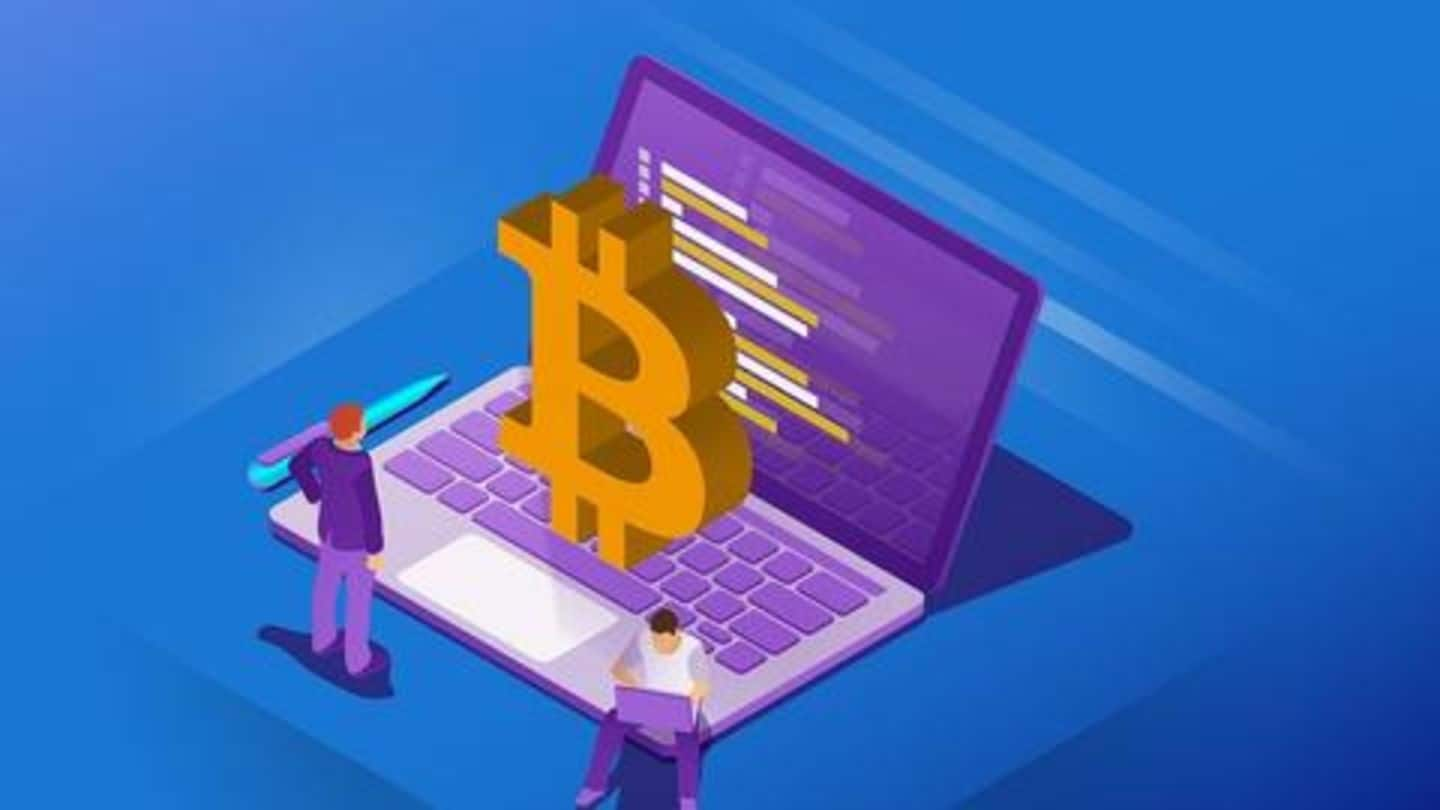
Want to protect your computer from hidden cryptomining? Try this
What's the story
With the rise of Bitcoin, Monero, and other cryptocurrencies, we all entered the era of digital assets - their trading, ICOs et al. However, along with digital money, we also learned about threats associated with them, including the problem of cryptojacking, where someone else could secretly use your computer to mine cryptocurrency. It can be a major security threat but is preventable. Here's how.
Cryptojacking explained
How someone else can mine cryptocurrency from your computer?
As cryptocurrency mining is a CPU intensive process, miners use hijacking techniques to use other individuals' computers for the task. They can run malicious scripts on websites, browsers or fool you to install software bundled with cryptomining malware. It would look legit, like the recently uncovered case of Adobe Flash Player, but would also install a mining malware in the background.
Detection
First, check if your system has been cryptojacked
Once installed or run, the malware will start using your computer's resources to mine cryptocurrency, secretly. So, if your computer is heating up or making more noise, chances are you have been cryptojacked. To be sure, check your computer's CPU usage via Task Manager (Windows) or Activity Monitor (Mac) and see if it is running at full capacity, even when sitting idle.
Information
Alternatively, you can go for Opera's Cryptojacking test
If you're still confused, go for the automated 'Cryptojacking test' (https://cryptojackingtest.com/) designed by Opera. Just visit this link and click the 'Start' button. The tool will analyze your CPU's performance in the background and confirm if you've been cryptojacked in a matter of seconds.
Preventive steps
How to prevent cryptojacking attacks?
To prevent cryptojacking attacks on your PC, install a reliable antivirus software - one that should have cryptojacking definitions in its virus libraries. Technically, the antivirus should protect browsers and websites too, but you can also install dedicated cryptomining blockers on your web browsers to prevent attacks via web. You can use minerBlock, No Coin, and Coin-Hive Blocker on Chrome and NoMiner on Firefox.
Do you know?
Cryptojacking via browser, websites
When a malicious code is used to infect browsers and websites, the malware continues to mine cryptocurrency as long as the browser is running or the infected site remains open.
Recovery
Already cryptojacked? Here's what you can do
If you find that your computer has already been cryptojacked, try locating and uninstalling the malware that has been consuming your CPU's power. Once the uninstallation is successful, run a full PC scan with an antivirus. And if the malware is working via browser, we'd recommend you to update it and install a blocking extension right away. If nothing helps, reset the system.